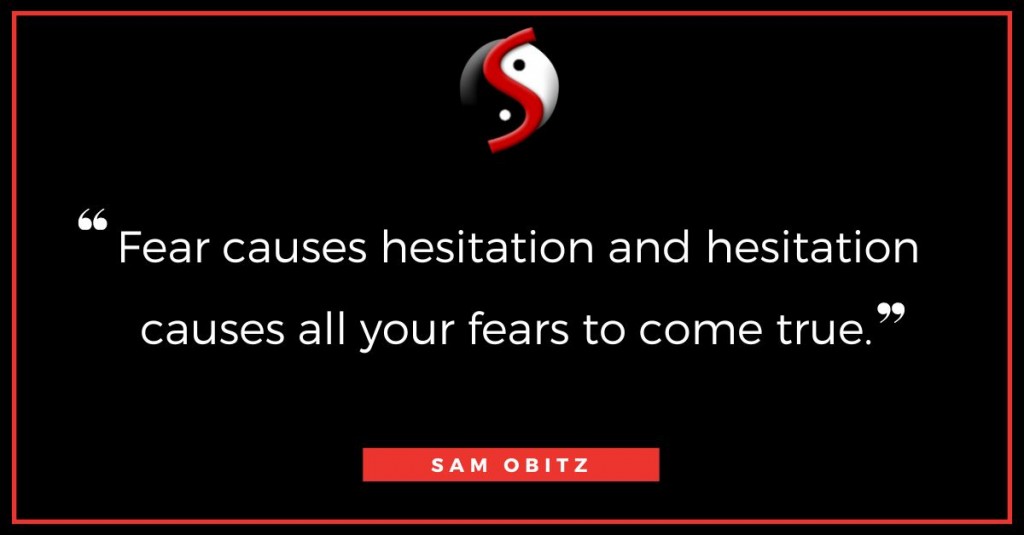Pressure, Performance, and Perspective: Advice for Sam Darnold
What Sam Darnold and his agent do next will be an excellent indicator of Sam’s current headspace. If he accepts the highest paying offer that he receives vs. taking an offer that affords him the best opportunity, it will suggest his self-confidence has not recovered.
As a mental performance coach, I’ve seen countless athletes face moments like this—moments where the weight of public scrutiny, personal disappointment, and professional stakes converge. These moments don’t just test your physical capabilities; they test your mental resilience.
For Sam Darnold, those two critical games—the season-ending loss to Detroit and the Wild Card game against the Rams—have become focal points in his career. But here’s the thing: two games don’t define a player. How he responds to them will.
Reframing Failure
The first step in rebuilding from adversity is reframing failure. Darnold’s struggles in those games don’t erase his progress during the regular season. Across 16 games, he demonstrated growth, leadership, and skill. Unfortunately, when the stakes were highest, the pressure exposed cracks in his mental game.
This isn’t unique to Darnold. I’ve seen it in athletes across sports, and the lesson is always the same: failure is feedback. It’s an opportunity to learn, adjust, and come back stronger. The key is to focus on the bigger picture and not let two bad games overwrite the 16 others that showcased his capabilities.
Shutting Out the Noise
One of the biggest challenges athletes face today is the constant noise. Social media, 24/7 sports coverage, and even well-meaning friends and family can add to the pressure. For Darnold, the criticism following those games has been relentless. But as Troy Aikman pointed out during the broadcast, the real challenge isn’t just external—it’s internal. Missing a routine check-down pass to his running back showed how he allowed the pressure to get into his head.
To move forward, Darnold will want to work on blocking out external distractions and focusing on the voice that matters most: his own. Confidence isn’t built by listening to critics; it’s built by controlling the narrative you tell yourself. The more he can tune out the noise, the more he can focus on what truly matters; his preparation, his mindset, and his performance.
Mistakes are inevitable in sports, but the best athletes use them as stepping stones. They do this through constructive feedback from trusted coaches and mentors who can provide clarity and guidance.
Building Self-Belief
At its core, Darnold’s challenge is a mental one. Self-belief is the foundation of every great performance, and it requires constant reinforcement. In my work with athletes, I emphasize the importance of daily mental exercises, whether journaling, visualization, or specific techniques like the TEA Form process to address and reframe negative thoughts.
Darnold’s confidence took a hit in those two games, but confidence is like a muscle—it can be rebuilt with consistent effort. He can shift the narrative in his mind by focusing on the 16 games where he thrived and reminding himself of his capabilities. The goal is to internalize the belief that those two games were the exception, not the rule.
Choosing the Right Next Step
Darnold’s free agency presents another layer of complexity. The offers he considers will impact not only his financial future but also his mental game. A short-term “prove-it” deal with the right team could be the ideal opportunity to rebuild his confidence and reputation. The key is finding an organization that believes in him and provides the right environment for growth.
Moving Forward
The narrative around Darnold may be uncertain, but the path forward is clear. Pressure and adversity are inevitable in sports but also present growth opportunities. He can rewrite his story by shutting out the noise, reflecting on his setbacks, and committing to mental performance work.
As a coach, my advice to Darnold, and anyone facing similar challenges, is simple: trust the process, focus on what you can control, and remember that setbacks are set-ups for comebacks. At the higher levels of sport, the mental game becomes more important than the physical one, and by investing in it, Darnold can bounce back and reach new heights.
You can follow Sam on Twitter: @SuperTaoInc


